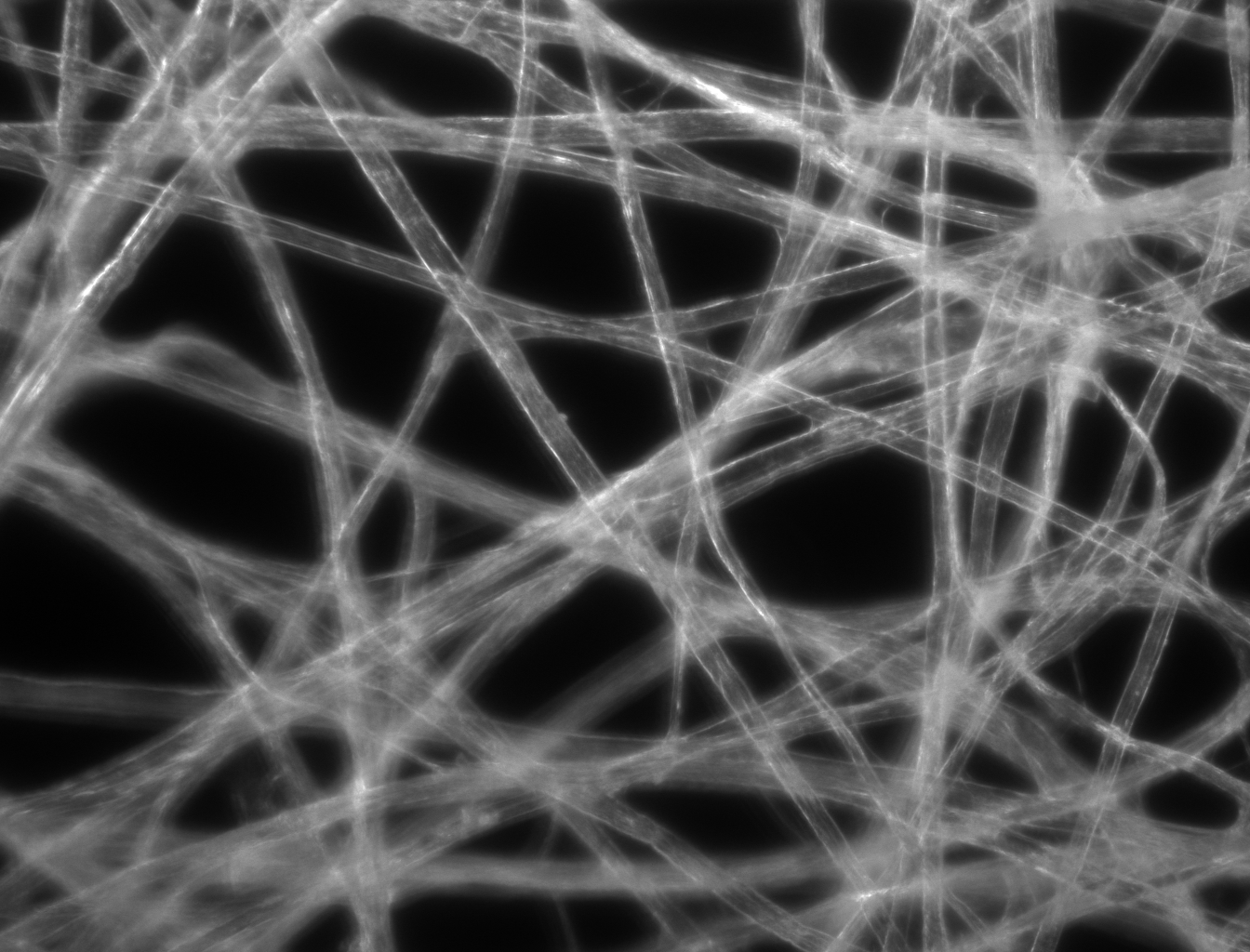High Flux and Low Fouling Nanofibrous Ultrafiltration Membranes
Web Published:
12/19/2019
A membrane suitable for ultrafiltration, microfiltration, and nanofiltration that's less expensive and more efficient
Ultrafiltration (UF) is a method for separating dissolved molecules in a solution; it's used for water purification. Current UF technology employs ceramic micro-filters; the problems with these include high fouling rates and high costs. These problems result from characteristics such as the membrane surface, surface-to-volume ratio, flow rate, etc. Polymeric membranes are being studied as a replacement; they are commercially available, but currently have disadvantages. They have a tendency to clog, fiber breakage, and are more susceptible to chemical and biological attack. There is a need for improved UF system filters that are less expensive and have lower fouling rates with higher flux rates.
This filtration device is a substrate comprising a scaffold made of nanofibers with diameters from about 1 to 20,000 nanometers. The substrate is coated with a combination of a polymer and at least one nanofiller with a diameter from about 0.3 to 300 nanometers. The coating thickness ranges from 1 to 4,000 nanometers. Also, a scaffold layer is present; it's a nanofibrous scaffold layer with a top and bottom surface. The bottom surface has a greater diameter (about 300 to 10,000 nm) than that of the top surface (about 10 to 500 nm).
 Please note, header image is purely illustrative. Source: Zephyris, Wikimedia commons, CC BY-SA 3.0.
Please note, header image is purely illustrative. Source: Zephyris, Wikimedia commons, CC BY-SA 3.0.
-Improved filters for use in filtration systems -Less expensive -Lower fouling rates -Higher flux rates
Suitable for microfiltration, ultrafiltration, and nanofiltration membranes
Patented
8222166
Available for licensing.
Licensing,Commercial partner,Development partner,Seeking investment
Patent Information:
| App Type |
Country |
Serial No. |
Patent No. |
Patent Status |
File Date |
Issued Date |
Expire Date |
|